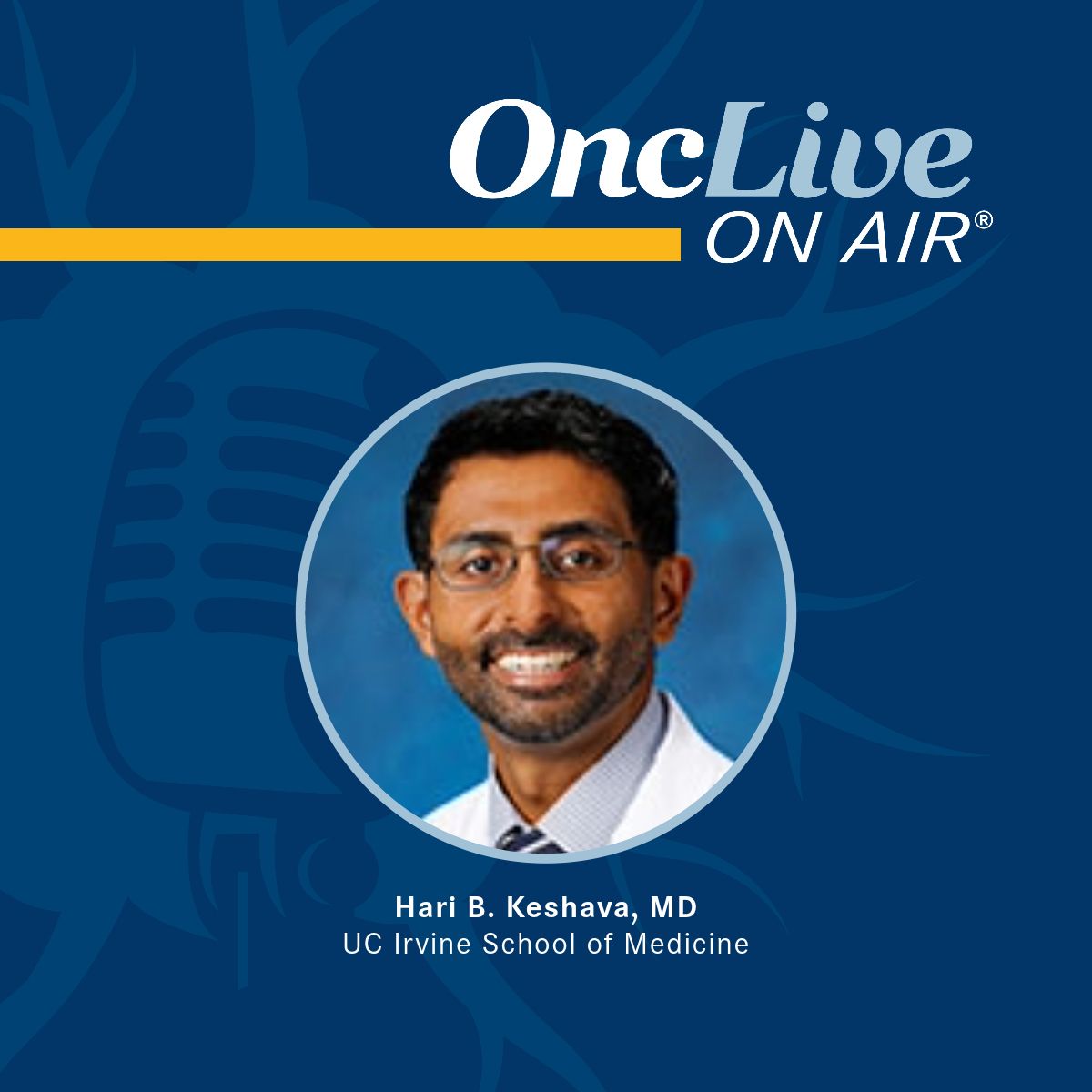Commentary
Video
Dr Punekar on the Importance of Complete Biomarker Testing in Lung Cancer
Author(s):
Salman R. Punekar, MD, discusses the importance of complete biomarker testing and the landscape of biomarkers in lung cancer.
Salman R. Punekar, MD, oncologist, NYU Langone’s Perlmutter Cancer Center, assistant professor, Department of medicine, NYU Grossman School of Medicine, discusses the importance of performing complete biomarker testing in non–small cell lung cancer (NSCLC), highlighting current and emerging biomarkers under investigation in this space.
In recent years, there has been a significant shift towards the use of complete biomarker testing in cancer care, Punekar begins. This is a departure from the previously limited approach of short panel testing, he says. Short panel testing, which focused on a limited number of genes, restricted the ability to identify all potential mutations associated with different treatment options, thereby limiting the benefit seen in patient outcomes, Punekar explains.
Key biomarkers in lung cancer can be broadly categorized into 2 types: prognostic and actionable, Punekar continues. Identifying prognostic biomarkers, such as STK11 and KEAP1, can provide insights into the aggressiveness of disease or development of resistance, but may not have immediate treatment implications, Punekar states. Conversely, actionable biomarkers, also known as driver mutations or alterations, can directly inform treatment decision making. Examples in NSCLC include EGFR, ALK, ROS1, MET, and KRAS mutations, which have available targeted therapies available, he adds.
Emerging biomarkers such as NRG1, CEACAM5, TROP2, HER3, and c-MET are gaining attention in NSCLC research, Punekar notes. Although these biomarkers may be less common, they may have associated targeted therapies currently under evaluation in clinical trials, he says.
Overall, the shift towards comprehensive biomarker testing allows for a more personalized approach to cancer treatment, enabling clinicians to identify actionable mutations and match patients with more effective targeted therapies, Punekar emphasizes. As more biomarkers are discovered and validated, ongoing research and clinical trials continue to explore their potential in improving patient outcomes.









